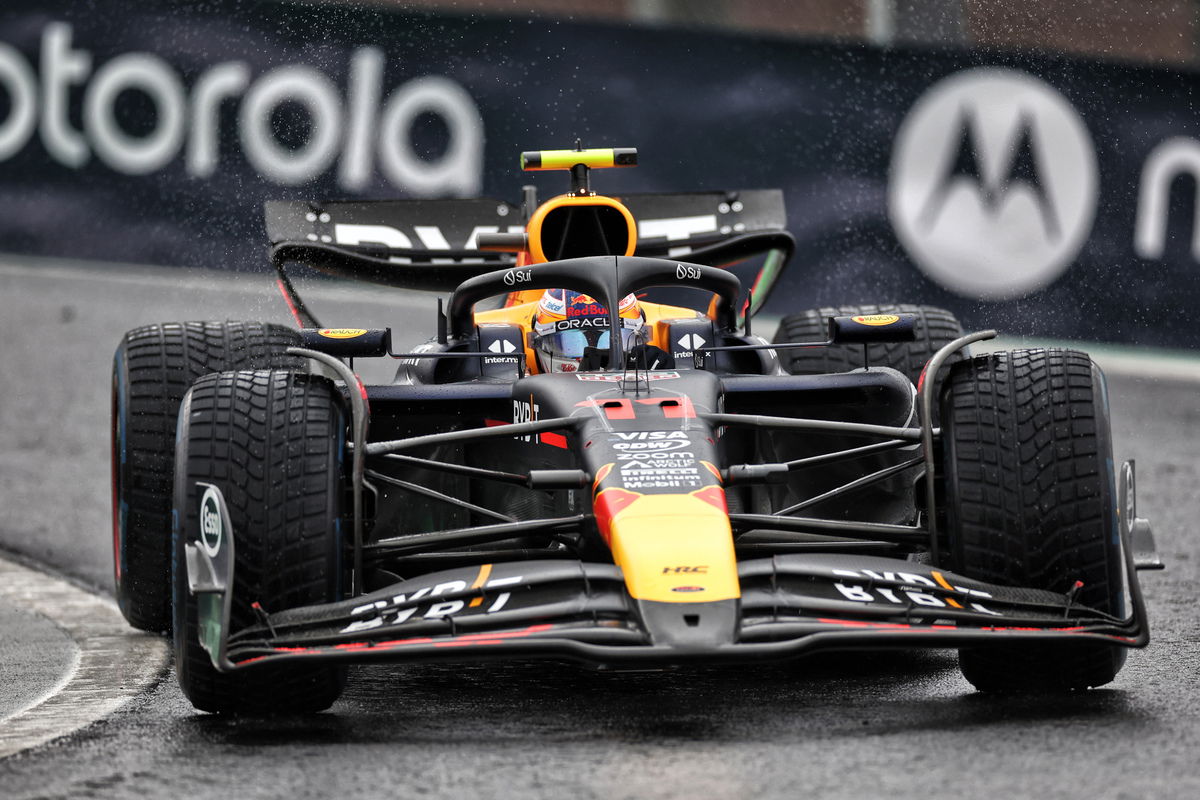

Perez has struggled for form through much of the 2024 campaign, with his last podium finish coming at the Chinese Grand Prix in April.
In the last 15 events he’s added just 48 points to the 103 he banked during the opening six rounds of the season.
That has seen Red Bull Racing fall from a comfortable lead in the constructors’ championship to third behind McLaren and Ferrari.
This has left Red Bull Racing at a significant disadvantage in the teams’ competition as it attempts to stave off rivals that have two cars contributing significant points regularly.
With F1 prize money paid out based on the constructors’ championship, Perez’s plight will have a notable financial impact on the operation.
Formula 1 prize money is paid out quarterly based on the championship positions of the previous year.
Since Red Bull Racing won last year’s title, it is receiving the largest piece of the pie.
That will continue through the last quarter of this year with the squad’s payments in 2025 based on its constructors’ championship position at the end of the season calculated against F1’s projected revenue for the coming 12 months.
As a result, the precise impact of Perez’s struggles will only be revealed at the end of next season, however it is possible to project towards that based on how the F1 business has tracked in recent years.
In 2023, the business enjoyed revenues of $3.2 billion and is on course to exceed that this year.
Even with Q4 revenues on par with those a year ago, F1 should bring in around $3.7 billion at the end of 2024.
There was strong growth through the first two quarters of the year, with Q1 up by more than $200 million and Q2 by more than $250 million.
Rolling that forward, while it’s difficult to predict quite such significant jumps in income – especially given the sport has already maxed out its calendar – it’s likely 2025 will be incrementally better.
It’s also likely that the sport will see income through more diverse streams, evidenced by the business having inked a number of new partnerships which will positively contribute to the business’ bottom line.
As such, we can reasonably expect 2025 revenues to grow modestly, especially given race promotion contracts are understood to hold a 10 percent escalator clause.
An increase of 15 percent is therefore reasonable, equating to around $3.95 billion in revenue and a prize money pool of around $1.7 billion.
By finishing third, under the current Concorde Agreements, that would entitled Red Bull Racing to a 12.2 percent stake, worth in the vicinity of $206 million.
However, this year’s championship winners are eligible for a 14 percent slice of the pie, which equates to $30.4 million more prize money.
With suggestions Perez brings with him commercial backing to the tune of around $30 million, it means his presence at Red Bull Racing is no better than break even.
And that accounts only for the F1 prize money element of the team’s commercial income.
It is not uncommon for success bonuses to be built into sponsorship contracts, meaning the squad could well miss out on millions of dollars of income from other sources.
With three races remaining, Red Bull Racing sits 24 points back from Ferrari in second in the constructors’ championship, while McLaren is seemingly out of reach at the top of the standings, now 86 points clear of the Milton Keynes squad.





















Discussion about this post